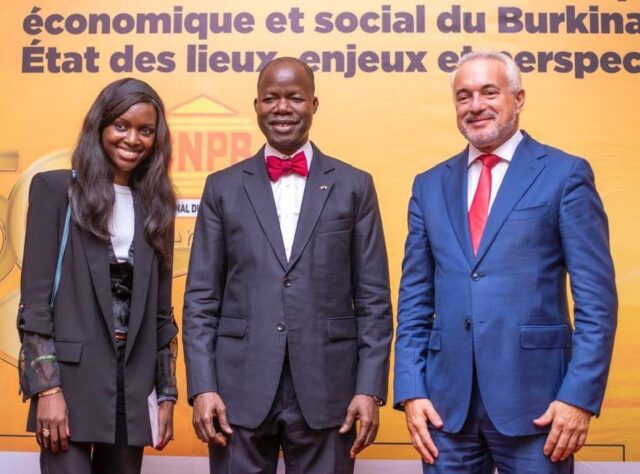The Fossil Fuel Non-Proliferation Treaty is calling for a global pledge to phase out coal, gas and oil from existing production, and wants governments to make a commitment to do so at COP28.

Dutch-based Triodos Bank has become the first bank to join the global campaign for a proposed Fossil Fuel Non-Proliferation Treaty, which advocates the phasing out of coal, oil and gas from existing production.
In an open letter to European governments, the coalition is calling for a legally binding international treaty to be agreed at the upcoming COP28 conference. The group argues that while the Paris Agreement sets out a crucial global climate target, many governments continue to approve new coal, oil, and gas projects, even though burning the world’s current fossil fuel reserves would result in seven times more emissions than what is comparable with keeping warming below 1.5C.
Carlijn Kamp, team lead, impact and advocacy at Triodos Bank, told Impact Investor that the firm had been advocating for a phase-out of fossil fuels and for an end to investment and exploration for several years. “When we were approached by the organisers of the Fossil Fuel Non-Proliferation Treaty initiative, we realised immediately that a treaty is the missing legal mechanism to stop new fossil projects and see a rapid phase-out of fossil energy in a fair and inclusive manner.”
A report by the United Nations Environment Programme, released earlier this month, revealed that despite climate pledges, governments still plan to produce around 110% more fossil fuels in 2030 than would be consistent with limiting warming to 1.5C, and 69% more than would be consistent with warming below 2C.
A Just Transition
Kamp said that an international treaty would support the development of a just transition when it comes to climate change. “The Fossil Fuel Treaty could provide the missing legal framework to foster sustainable economic opportunities, especially in the most impacted and least responsible countries and communities. Countries are not going to cut their own fossil fuel production if other nations continue to profit from coal, oil and gas,” she said.
An international treaty would enable countries to agree cuts together and fairly, towards a common goal, she added. “Similar treaties have in the past successfully reduced nuclear weapon arsenals and landmines. A treaty will also help create a clear pathway for the phase-out of fossils and a level playing field, which is in the interest of every business and financial institution.”
According to the campaign, 8 nation-states, over 3000 scientists and academics, 101 Nobel laureates, hundreds of health professionals, thousands of religious institutions and a growing number of indigenous organisations and youth activists are supporting the treaty. They are joined by almost 100 cities and subnational governments, and more than 600 parliamentarians worldwide in calling for a commitment to phase out fossil fuels.
Kamp said it was still “early days” in the campaign to support the treaty. “The response from governments to our letters will probably depend on their leadership, as some European countries are in a better place than others. We will not stop with this campaign. We have a role to demonstrate that financial institutions in particular should not be enabling dangerous fossil fuel production and instead actively support cleaner and fairer energy sources.”





